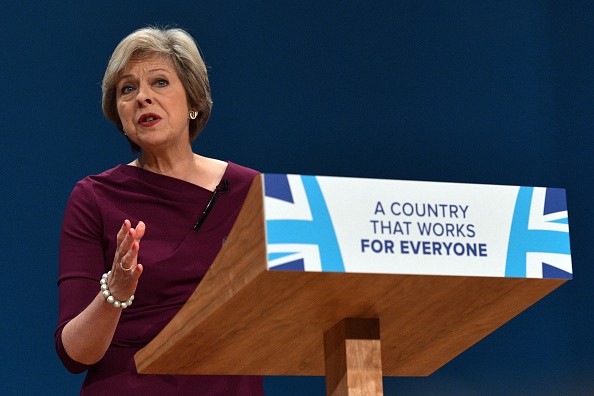Sustainable development is not just for developing countries anymore. Unlike the earlier Millennium Development Goals, the 17 goals adopted in 2015 are applicable to developed countries, which also struggle with sluggish growth, chronic underemployment and uneven access to basic services. But a new report by a parliamentary select committee, accuses the UK government of failing to lay out a clear SDG plan and doing little to promote the goals at home.
“The Government’s doughnut-shaped approach — which is to see the Goals as something for the UK to help other countries do, rather than drawing on other countries’ experiences in implementing the goals here at home — suggests that it has little interest in, or enthusiasm for, maximising the opportunities and benefits presented by the Goals,” the report states. “Successful implementation would not only encourage greater cross-departmental collaboration and policy coherence in Government, it would bring economic, social and environmental benefits to the UK.”
Reducing poverty, improving education, creating cleaner energy and jobs — and the economic gains that come with these things — aren’t only for faraway lands. In the Netherlands and Sweden, national-level SDG frameworks are uniting pension funds, insurance firms and banks. Major brands and corporations are looking to the 17 SDGs to develop new products that solve fundamental problems for customers, like clean water and healthy food. Delivering on the 17 U.N. Sustainable Development Goals, we reported in January, could generate $12 trillion in annual cost savings and new revenues for global companies, and create 380 million jobs worldwide by 2030.
The UK Stakeholders for Sustainable Development has written an open letter to Prime Minister Theresa May calling the UK Government “to show active leadership on the implementation of the SDGs both at home and overseas.”











